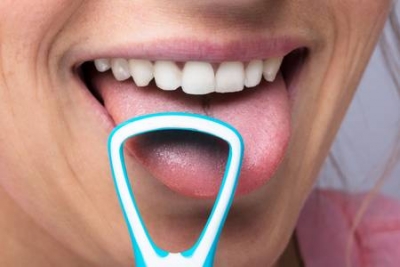
Struggling with bad breath? You’re not alone.
Discover how stress affects your oral health and learn practical tips to protect your smile.

Heading back to work after a holiday can feel overwhelming, with emails to catch up on and meetings to tackle.
It’s no surprise that stress levels rise during this time, but that stress isn’t just affecting your mind – it’s also taking a toll on your teeth and gums.
From teeth grinding to gum disease – chronic stress can lead to real dental problems you might not expect.
In this article, we’ll explore how stress sneaks into your oral health and, more importantly, share tips to help you protect your teeth and gums.
Below are a few ways stress impacts our teeth, and strategies to help reduce these effects of stress on our oral health.
Stress doesn’t just make you feel frazzled – it can also leave your immune system struggling. When your body’s defenses are worn down by stress, it becomes easier for bacteria and viruses to take hold.
This puts you at a higher risk for dental issues like gum disease and tooth decay. Studies show that chronic stress can lower your ability to fight off infections, making it harder to protect your smile.
What to do:
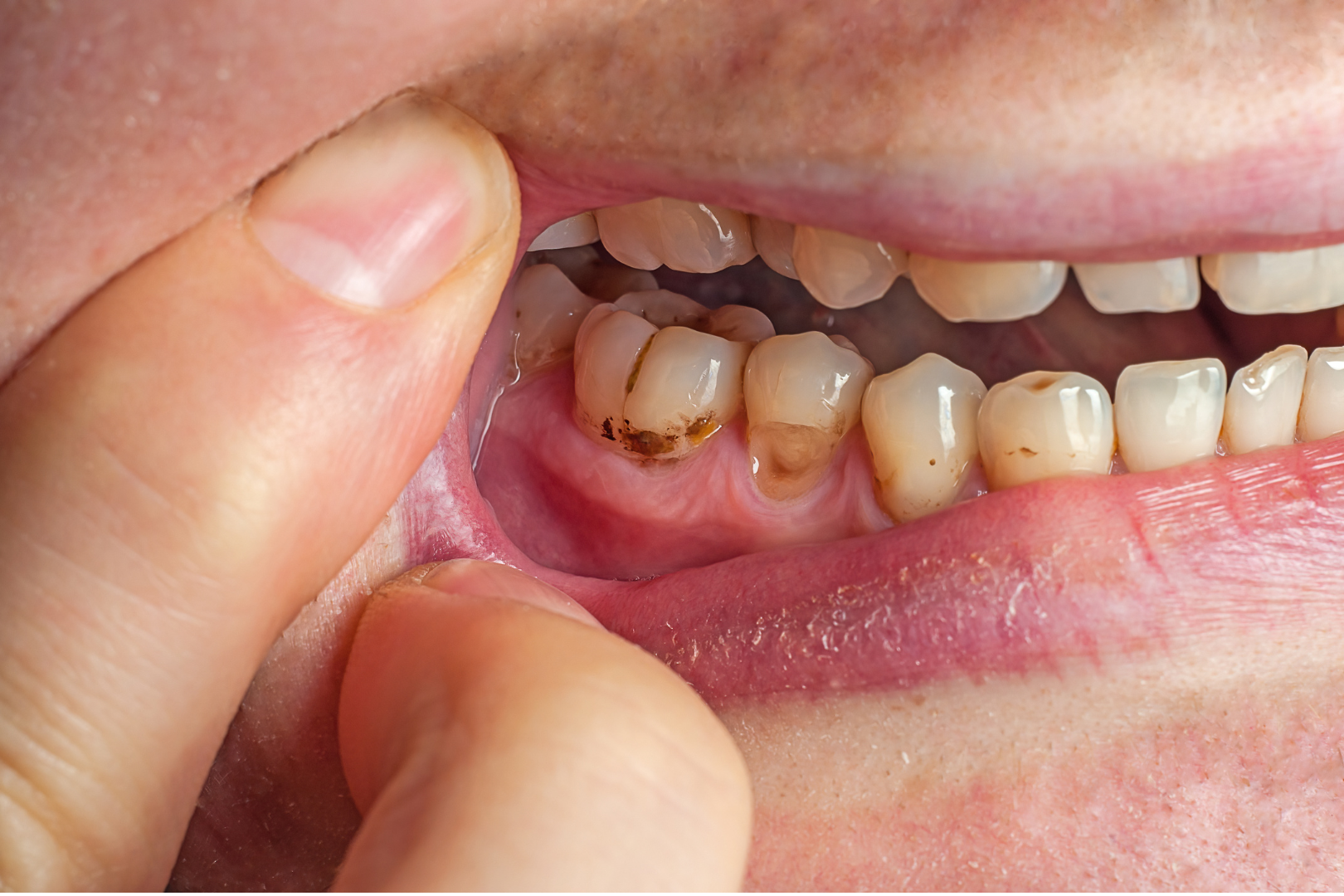
Stress has a way of throwing your healthy habits off track, and when you’re feeling overwhelmed, it’s easy to forget about regular brushing and flossing. Over time, skipping these routines can lead to plaque buildup and tooth decay.
Stress can also lead to unhealthy coping mechanisms – like reaching for sugary snacks, smoking, drinking alcohol, or even too much coffee – which can worsen dental problems.
What to do:
Stress can often lead to bruxism, or teeth grinding, which can happen unconsciously – especially while you’re asleep. This constant pressure can wear down your enamel, crack teeth, and cause painful jaw issues.
If you’re feeling stressed, you might notice yourself clenching your jaw during the day, too. It’s a subtle but damaging effect of stress that can result in a lot of dental damage over time.
What to do:
When stress takes its toll, it can weaken your immune system, making you more vulnerable to mouth sores. Canker sores are small, painful ulcers that appear inside your mouth, while cold sores tend to pop up on the lips. Both are annoying and uncomfortable, but they’re common during periods of high stress.
What to do:
Stress is a sneaky contributor to gum disease. It weakens your immune system, making it harder for your body to fight infections like periodontal disease. This condition, which causes inflammation, bleeding gums, and tooth loss, can worsen when stress is in the picture.
What to do:
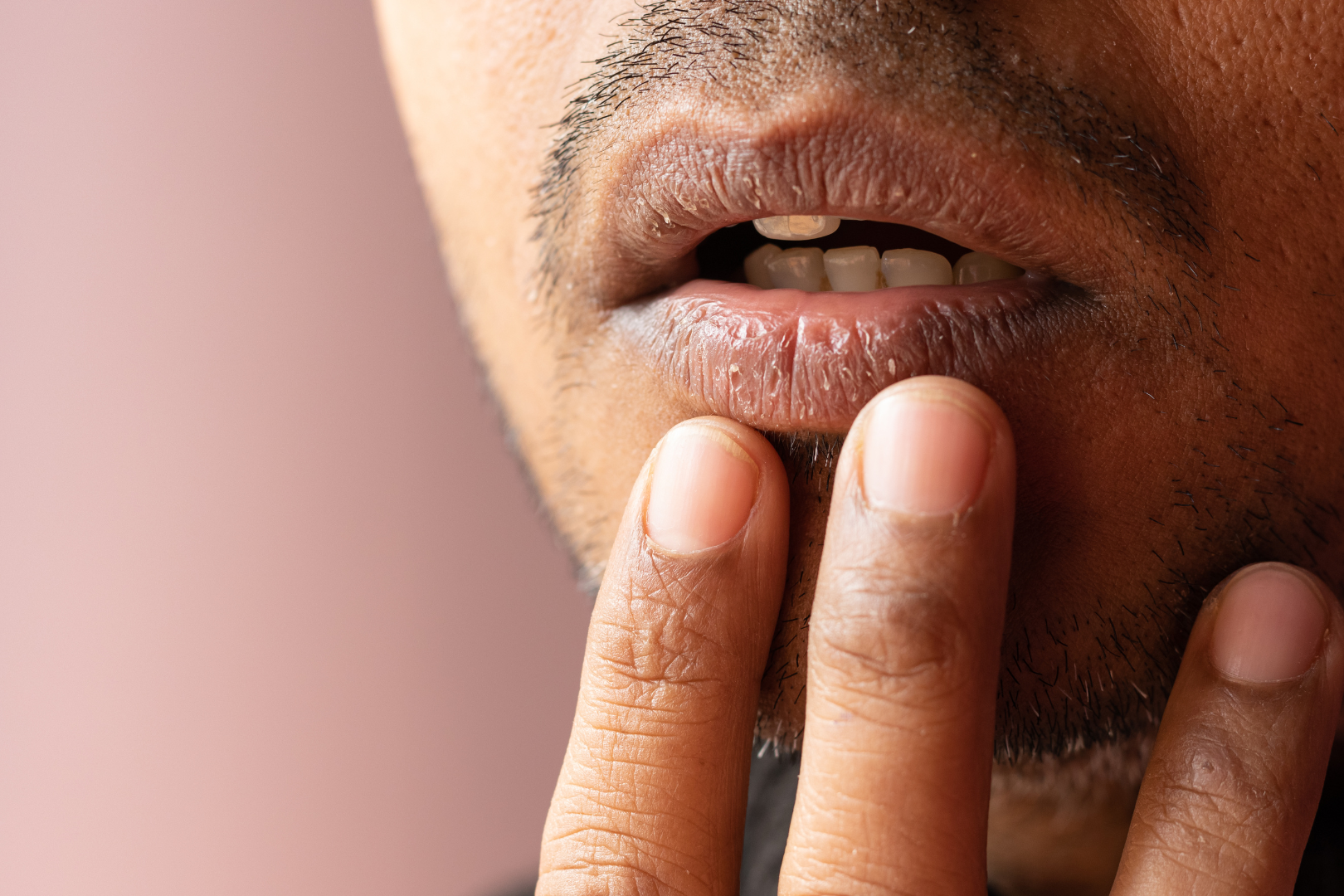
When you’re stressed, your body can produce less saliva, leading to a dry mouth. While it might seem minor, this can increase your risk for cavities, bad breath, and oral infections. Saliva is essential for neutralizing acids and protecting your teeth, so when it’s in short supply, your oral health can take a hit.
What to do:

Stress often leads to unhealthy food choices – reaching for comfort foods, sugary snacks, or excessive caffeine to cope. Unfortunately, these habits can worsen your oral health and lead to tooth decay. It’s essential to find a balance and make mindful decisions when it comes to eating, especially during stressful times.
What to do:
Stress can cause tension in your muscles, particularly in your jaw, which can lead to TMJ (temporomandibular joint) disorders. This can cause jaw pain, headaches, and difficulty opening or closing your mouth. When stress is the culprit, it’s important to find ways to relax and relieve that built-up tension.
What to do:
Other ways you can help reduce stress and anxiety are:
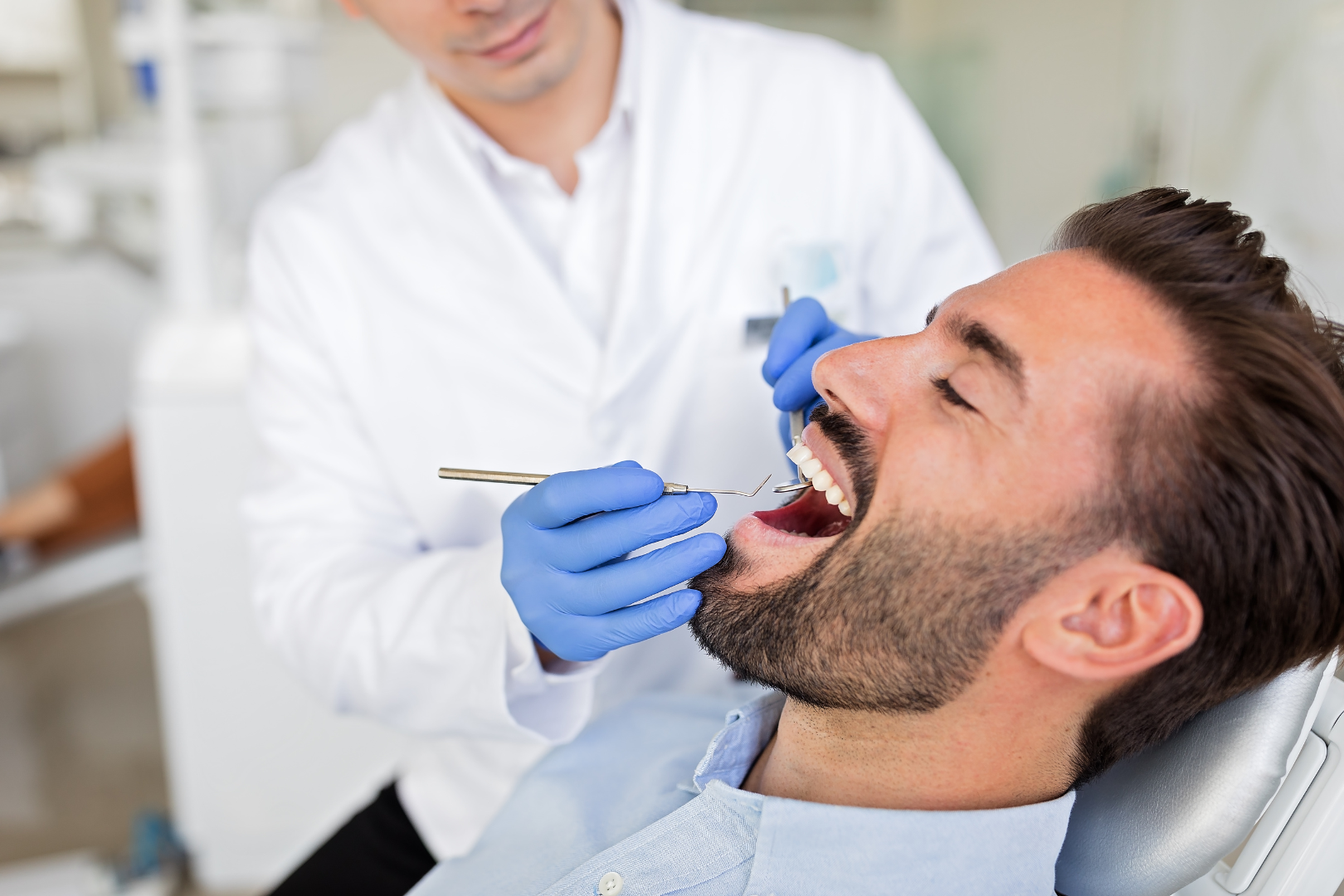
Stress can have a lasting effect on your oral health, but with a few simple changes to your routine, you can protect your teeth and gums from its harmful impact.
Whether it’s getting more rest, managing your stress in healthier ways, or staying on top of your oral hygiene, small steps can make a big difference.
If you’re feeling the effects of stress on your smile, it’s always a good idea to get an overall oral health check-up. At Smile Place Dental, we’re here to help you maintain a healthy, stress-free smile. Book an appointment with us today, and let’s ensure your oral health is in top shape, no matter what life throws your way.
Author Summary – Dr Chitra Rao

Dr. Chitra Rao has over a decade of experience in dentistry, specifically in the field of cosmetic and orthodontic treatments. Dedicated to achieving optimal results, she takes a detailed and personalised approach to creating beautiful, confident smiles for her patients. Outside of dentistry, Dr. Chitra enjoys staying active, traveling, and spending time with her family.

Struggling with bad breath? You’re not alone.
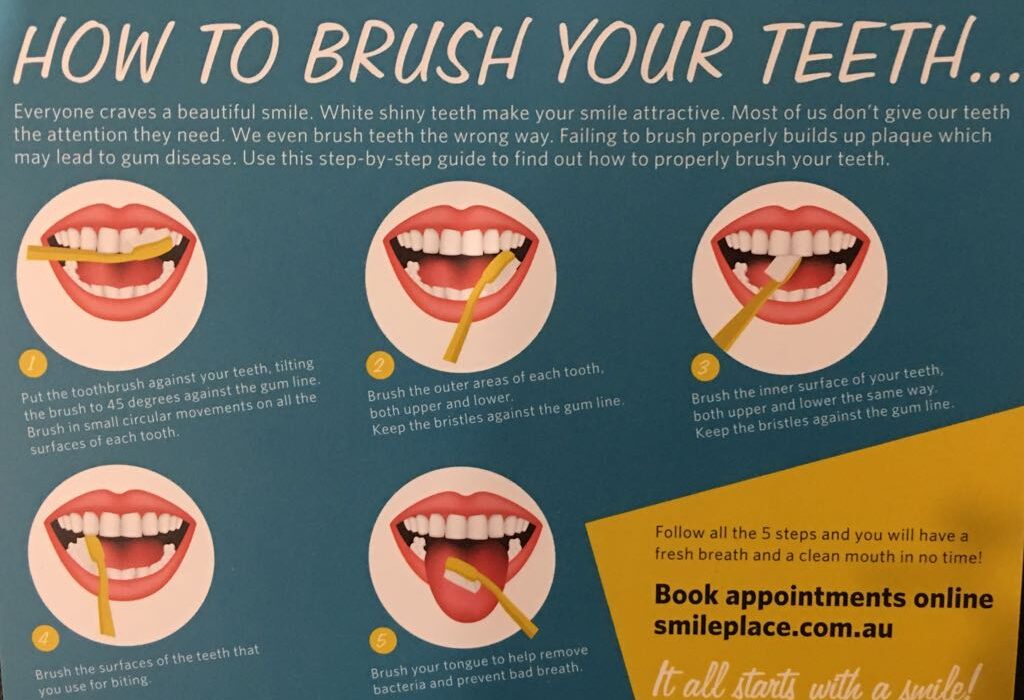
Keep it clean, keep it bright with these simple tips.
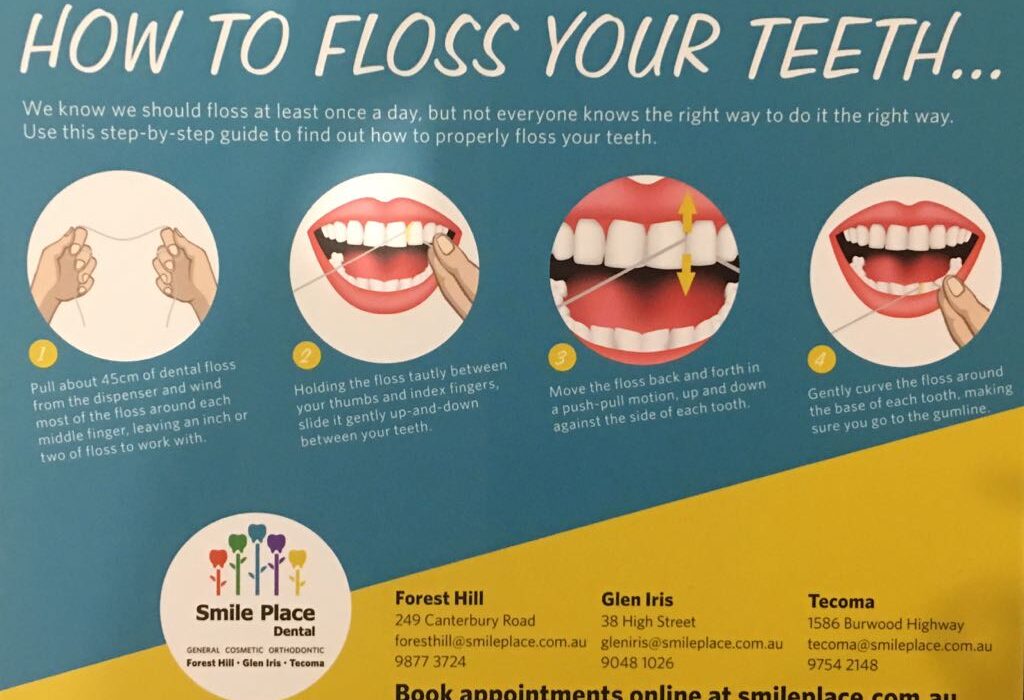
Do you brush twice a day, use a mouthwash, and still struggle with bad breath or surprise cavities? If so, the problem may be caused by inconsistent flossing. Most people skip flossing and those who do floss, often don’t do it right, leaving behind plaque and food debris. The good news? Flossing properly takes just […]